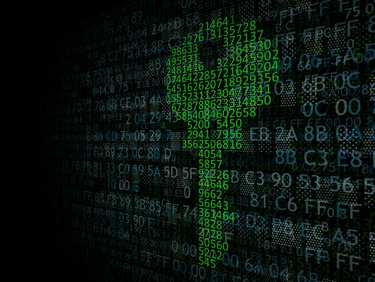Apple announced this week that it is implementing post-quantum cryptography in its iMessage platform to protect against potential future attacks powered by quantum computers. The new encryption protocol, called PQ3, will roll out later this year.
According to an Apple blog post, "PQ3 is a groundbreaking post-quantum cryptographic protocol that advances the state of the art of end-to-end secure messaging." The company says PQ3 will provide the strongest known protections against quantum attacks that could emerge as quantum computing matures.
"With compromise-resilient encryption and extensive defenses against even highly sophisticated quantum attacks, PQ3 is the first messaging protocol to reach what we call Level 3 security—providing protocol protections that surpass those in all other widely deployed messaging apps," Apple stated.
PQ3 uses a technique called "hybrid post-quantum cryptography," combining new post-quantum algorithms like Kyber with traditional elliptic curve cryptography. According to Apple, "defeating PQ3 security requires defeating both the existing, classical ECC cryptography and the new post-quantum primitives."
[RELATED: Securing Your Data in the Quantum Age: A New Cybersecurity Frontier]
In addition, PQ3 implements a "rekeying mechanism" to periodically refresh encryption keys and limit the impact of any compromised keys. Apple claims this provides "cryptographic self-healing even in the extremely unlikely case that a key ever became compromised."
The PQ3 upgrade positions Apple at the forefront of preparing for the post-quantum era. As quantum computing continues to advance, most security experts believe current encryption standards will eventually be rendered insecure by quantum algorithms.
By deploying post-quantum cryptography now, Apple aims to future-proof iMessage against potential attacks on stored encrypted data once quantum computers become powerful enough to break today's public key cryptography. PQ3 sends a clear message that Apple is committed to providing state-of-the-art security to ensure its users' privacy.
Follow SecureWorld News for more stories related to cybersecurity.





